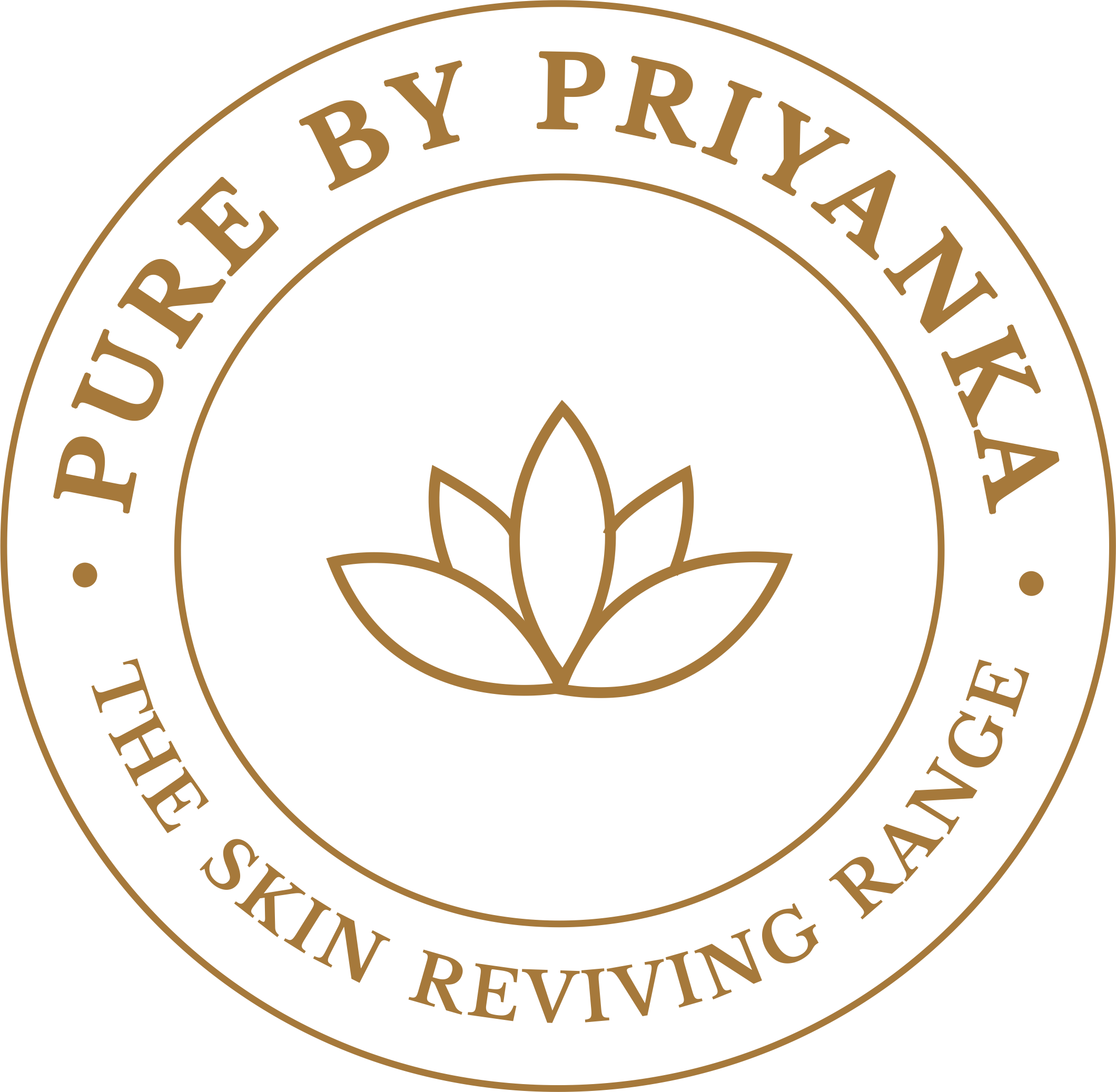SUN SUN GO AWAY, COME AGAIN ANOTHER DAY.....
This is what we wish when we have a day out or are mostly outdoors for any reason.
Sunscreen, Sunblock, SPF, UVA, UVB....
These are the common terms when we talk about sun protection for skin.
And by now you must have gauged today's topic, which is :
SUN PROTECTION IN SKINCARE.
I keep encountering many queries regarding sunscreens, their usage, how to choose the right kind of sunscreen and types of sunscreens and their effects on skin. So today it's gonna be everything one needs to know about SUNSCREENS.
It's a fact that 90% of skin ageing is caused by UV radiation from the sun, therefore making sun protection the most important factor in skincare. To make it more clear, someone quoted very logically as
"Sunscreen is the main course and not the dessert in your skincare menu."
Sunscreen is also called as Sunblock which comes in lotion, gel, cream or spray form.It's prime function is to absorb and reflect some of sun's UV radiations, protecting the skin against the sun burns and harsh side effects of UVA and UVB rays from sun.
Sunscreen contains SPF, which is termed as SUN PROTECTION FACTOR that measures the amount of sunburn producing UV rays that can touch the human skin.
To give an eg.- A sunblock containing SPF of 15 means it ensures that 1/15 of the burning radiations from UV can reach the skin surface.
SPF 30 - Blocks 97% of UVB
SPF 50 - Blocks 98% of UVB
SPF 100 - Blocks 100% of UVB
Now the question comes how to choose from different levels of SPF ?
And the correct method is to identify the amount of time you spend outdoors, as well as indoors.
Say, if you are an outdoorsy person (sun exposure over an hour), then you must go with a sunscreen having SPF 30 or 50, and remember to reapply after every 2 hours.
On the other hand, if you are someone who is mostly indoors, closed environments (Air conditioned 8-9 hours a day) and sun exposure is minimal (30 mins), then a sunscreen with SPF 30 will be suitable, provided you reapply after regular intervals.Re-application of broad spectrum sunscreens is crucial, not because they breakdown or are not stable, but, because most people don't apply enough sunscreen in the first place.
Do ensure that you always choose a sunscreen having SPF above 30.
It is best to go with a water-proof or sweat-proof sunscreen if you sweat excessively or are into swimming.
When it comes to everyday skincare routine, sunscreen should be the last product to be applied in AM regime, so it should go as :
Cleanser<Toner<Serum<Moisturizer<Sunscreen
#Vit C serum + Sunscreen is like couple made in heaven, a perfect combo for healthy skin.
How to re-apply ?
* If you have oily skin or sweat a lot, it's advisable to wash face and reapply, as your sunscreen must have already melted off.
* Normal skin can easily take layering of sunscreen.
If you have tinted sunscreen, like most of BB creams have, or sunscreen in spray or powder form, it is more convenient to reapply.

Now, let's come to the type of sunscreens that are available in the market.
We can put sunscreens in two categories.
#MINERAL SUNSCREEN, also known as physical sunscreen.
#CHEMICAL SUNSCREEN
Mineral sunscreens are formulated with active ingredients like zinc oxide and titanium dioxide. They are also called physical sunscreen because of the way they work on our skin, by forming a physical barrier which reflects light rays away from the skin. It is best suited for sensitive and acne prone skin.
But due to it's constituents, it feels heavy on skin and sometimes leaves white residues on skin surface, making it difficult to blend at times.
Chemical sunscreens are the ones which uses active ingredients to absorb the sun rays, turn them into heat and then release the heat through skin.
These sunscreens are generally favoured by consumers because of the simple fact that they are comparatively lighter, sheer and easy to blend on skin.
Chemical sunscreens list of ingredients contains one or more of the following :
Oxybenzone, Avobenzone, Octisalate, Octocrylene, Homosalate or Octinoxate.
So, these are the kind of sunscreens available, with different SPF levels.
The adverse effects of sun on our skin are really harmful, and a major cause of skin related concerns. The one and only solution to this is using a good quality sunscreen, which provides a strong and healthy barrier between the harmful UV rays and your delicate skin.
We all are aware that a continuous exposure to UVB rays can cause skin cancer, alongwith other health issues like eye redness, sun burns, iris irritation and direct DNA damage.And not to forget the major cause of pre-mature skin ageing.
Hence, it is of utmost importance to apply sunscreen at day times, irrespective of the fact that you are indoors or outdoors.
PBP MINERAL SUNSCREEN provides a safe and healthy protection to the skin from sun exposure.
And before it gets too late, go guys, grab your pick of a sunscreen, best suited to your skin type.
As, nothing looks better in your fifties than a sunscreen in your twenties.
And now, i wind up this week's blog with,
"An SPF a day keeps the wrinkles away"

